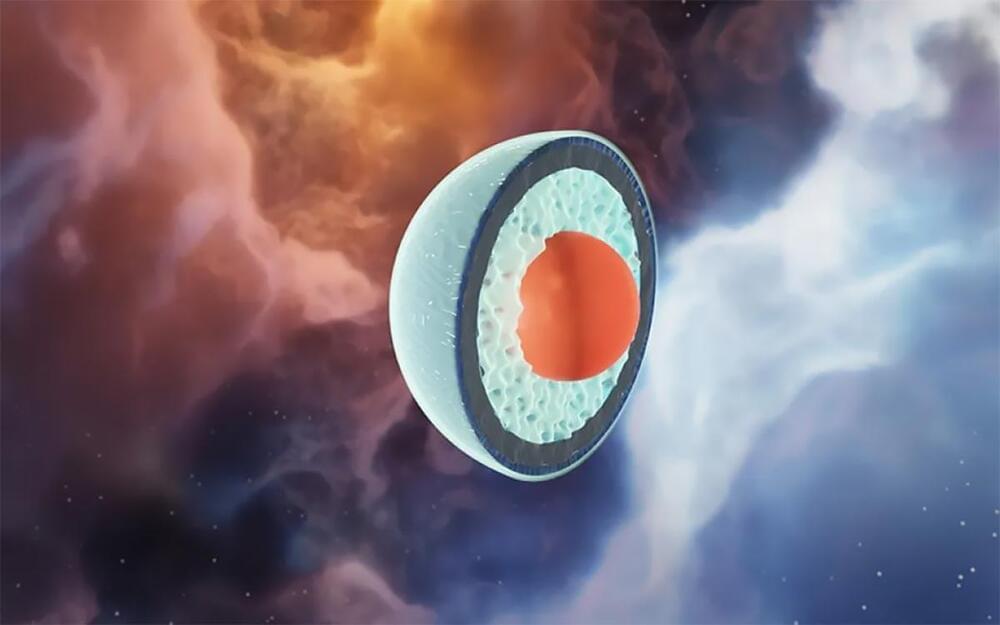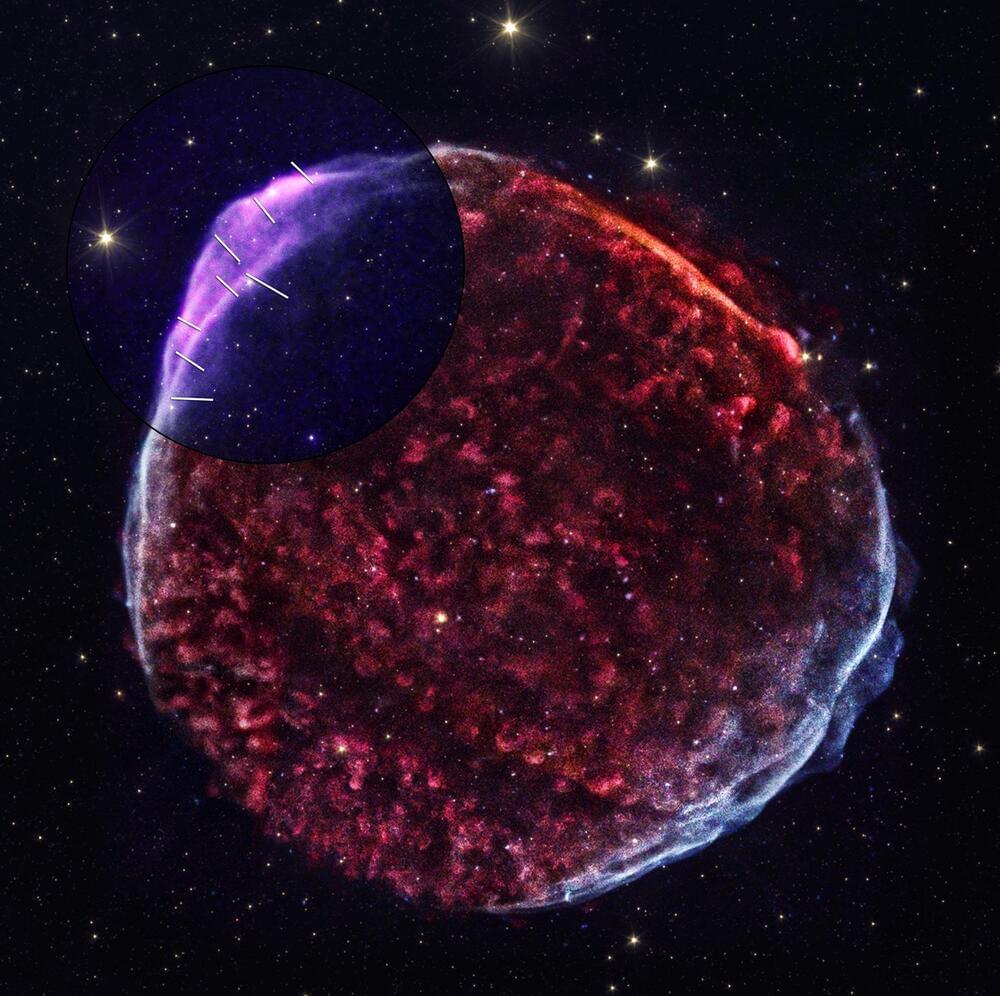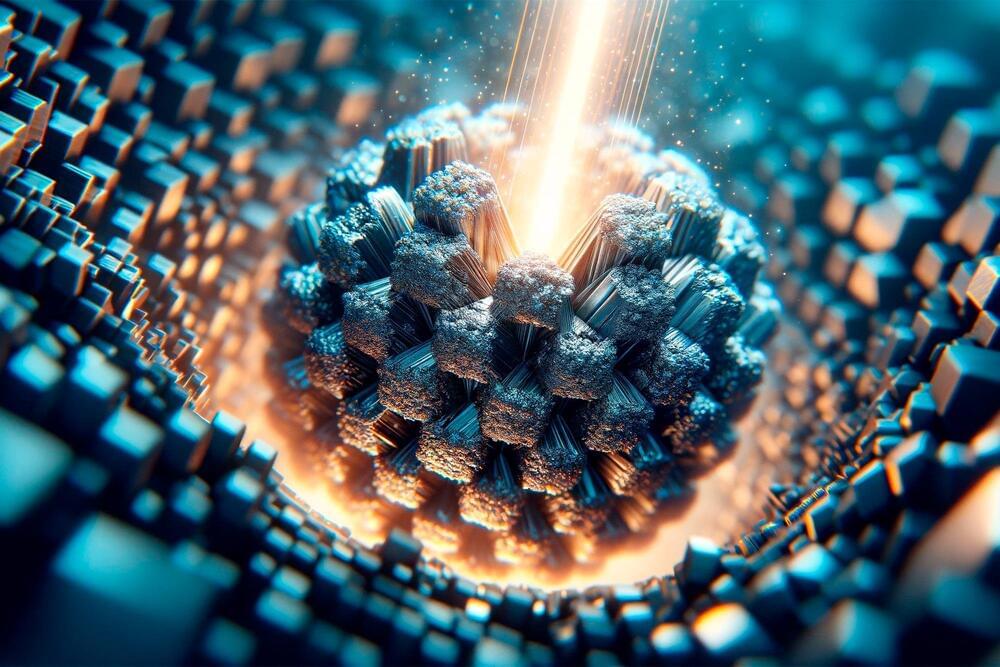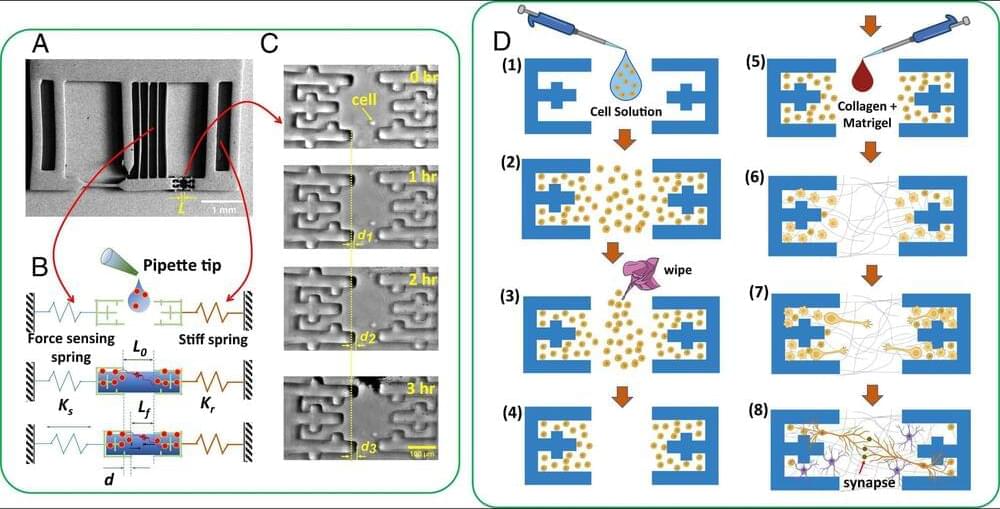The FASHI survey has mapped 35% of its target sky area with the FAST telescope, discovering over 41,000 extragalactic HI sources, and gaining acclaim in the astronomical community.
The FAST All Sky HI survey (FASHI) was designed to cover the entire sky observable by the Five-hundred-meter Aperture Spherical radio Telescope (FAST), spanning approximately 22,000 square degrees of declination between-14 deg and +66 deg, and in the frequency range of 1050–1450 MHz, with the expectation of eventually detecting more than 100,000 HI sources.
Between August 2020 and June 2023, FASHI covered more than 7,600 square degrees, which is approximately 35% of the total sky observable by FAST. FASHI team has detected a total of 41,741 extragalactic HI sources in the frequency range 1305.5−1419.5 MHz. When completed, FASHI team will provide the largest extragalactic HI catalog and an objective view of HI content and large-scale structure in the local universe.







